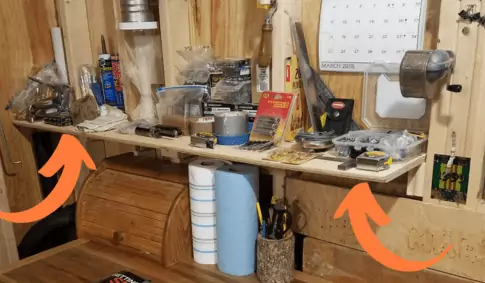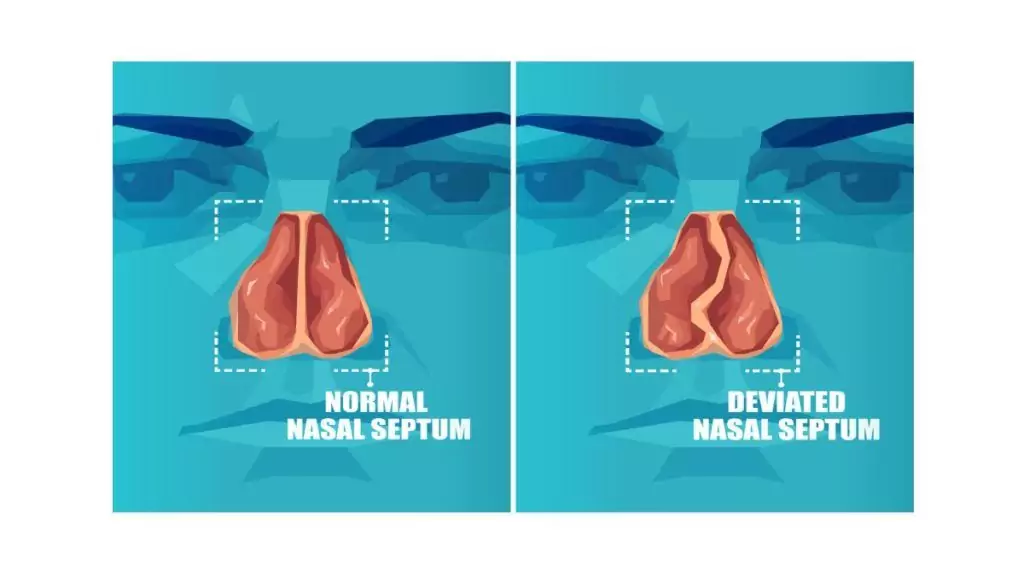In my last post I touched upon five time wasters that are related to self-management and how we can avoid them. In this post I am going to focus on time management and specifically, five time wasters associated with planning.
And, for the first time ever, I am running a poll on what you feel leads to the most time wasted. Please participate in my poll at the end of the post! I am really looking forward to seeing how you vote.
Lack of written goals with deadlines
Floundering is probably the best word to describe what happens when we don’t have clear written goals identified. There is no bigger time waster than the lack of written goals with deadlines. The act of having clear written goals is very powerful and will help us stay on track.
How to Avoid: This is an easy one. Set your plan of attack and your end goals down on paper and review them regularly. For the short-term I have daily and weekly goals and for more long-term planning I have monthly and yearly goals. I keep those goals in a place in my office where I can see them at all times. Visibility to my goals helps me stay the course and avoid wasted time floundering from one task to the next.
Failure to break top priority into manageable parts
We all tend to have top priorities at our jobs or at home. This top priority may seem daunting when we look at the whole project. Figuring out how to proceed at this seemingly unmanageable task can lead to a lot of wasted time.
How to Avoid: Breaking your top priority into smaller more manageable tasks will help you see the end goal down the road. When you successfully complete each task along the way to the end goal, it will tend to reinforce the process. As a result, each completed task will build momentum and keep you focused until the top priority is completed.
Scope Creep
When it comes to project management, scope creep refers to random changes in the scope (aim or purpose) of the project. If you have ever been involved in any type of project you can certainly relate to this phenomena. Scope creep can lead to a huge waste of time in your project schedule.
How to Avoid: The best way to avoid scope creep is to identify the clear goals of the project ahead of time. Defining the deliverables and having all of the drivers sign off on them is extremely important. If everyone understands and agrees to the end goal of the project then straying from that goal should be less likely.
Snap Decisions based on insufficient facts
Some of us pride ourselves in making quick decisions and we may think that these snap decisions will save us time so we can move forward. But this may not always be the case. Making decisions without all of the facts may lead us down the wrong path.
How to Avoid: Gathering all of the facts that are needed to make a decision which could drastically affect the end goal is very important. Take a little extra time to gather those facts before you waste a lot more time as a result of your snap decision.
Indecision
On the flip side there are some people who have a hard time making a decision. Indecision can not only waste a lot of time, but it can lead to morale issues if you have people who are working for you on a project. Lack of any clear leadership and direction from a manager can only lead to problems.
How to Avoid: Learn to gather the facts as needed and make a wise time-sensitive decision. If you’re a manager don’t leave your people hanging.







